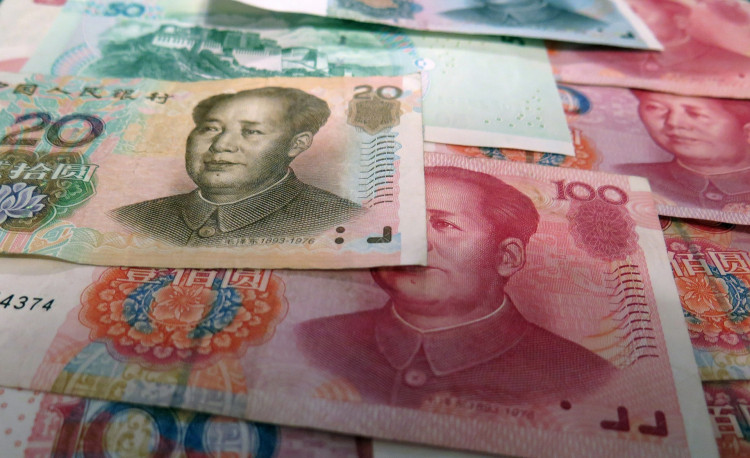China is set to issue $284 billion in special sovereign bonds this year, marking a significant move aimed at reviving its sluggish economy and countering deflationary pressures. According to Reuters, the Ministry of Finance (MOF) plans to issue two separate tranches of sovereign bonds: one for 1 trillion yuan ($142 billion) to stimulate consumer spending, and another 1 trillion yuan to address local government debt. This fiscal expansion adds to a series of recent monetary and policy measures intended to stabilize the world's second-largest economy.
The decision comes as China's economic growth faces mounting challenges, with a sharp downturn in the property sector and weakened consumer confidence threatening to derail the government's goal of 5% GDP growth for 2024. The fresh stimulus package will focus heavily on boosting consumption, with one initiative including a monthly child allowance of 800 yuan ($114) for families with two or more children. Other measures will include increased subsidies for upgrading business equipment and consumer goods, as Beijing attempts to encourage both household and corporate spending.
"The new stimulus measures increasingly look like a comprehensive package," said Yvan Mamalet, senior economist at Kleinwort Hambros. "Earlier this week, we saw rate cuts and macro-prudential measures, and now they're adding fiscal stimulus, which was the missing link."
While China's leaders reaffirmed their commitment to the 2024 growth target at a Politburo meeting this week, they acknowledged the need for "necessary fiscal spending" to counteract the current economic malaise. The Politburo emphasized the importance of the ultra-long special sovereign bonds and local government bonds to support investments and guarantee fiscal spending where needed, particularly in areas like infrastructure and social welfare.
In addition to stimulating consumption, the Chinese government is also grappling with local government debt, which has ballooned to $13 trillion. Local governments, saddled with debt from years of infrastructure investment, have seen dwindling returns on those expenditures, leading Beijing to address the issue more directly. The bond issuance aimed at local governments is expected to ease some of these financial pressures, giving local authorities more room to navigate the ongoing economic slowdown.
This latest move is part of a broader strategy to align fiscal and monetary policy. Earlier this week, China's central bank announced significant monetary stimulus, including liquidity injections and lower borrowing costs. These monetary efforts are intended to complement the fiscal stimulus, which has raised hopes that China's policymakers are finally taking decisive steps to reignite growth.
In a related effort to support the financial system, China is also considering injecting up to 1 trillion yuan into its biggest state banks. This capital injection would help bolster their balance sheets as they struggle with shrinking profits and rising bad debt amid a challenging economic environment. According to people familiar with the matter, the funding for the banks would primarily come from the issuance of new special sovereign bonds. This would mark the first time since the 2008 global financial crisis that Beijing has intervened on such a scale to recapitalize its banks.
"This is a different type of stimulus," said Hao Hong, chief economist at Grow Investment Group, as reported by Bloomberg. "If done through special bond issuance, it's a fiscal stimulus and can stabilize the banks as property prices continue to decline. It will ensure that the banks' lending capability won't be affected."
China's largest banks, including Industrial & Commercial Bank of China, Agricultural Bank of China, and Bank of China, have been under growing pressure to lend more aggressively to help the struggling economy. Yet, these efforts have weighed heavily on the banks' profitability. The combined profits of Chinese commercial banks grew by just 0.4% in the first half of 2024, the slowest pace since 2020, while net interest margins have fallen to a record low of 1.54%, well below the 1.8% threshold considered necessary for maintaining reasonable profitability.
Despite the challenges, policymakers remain hopeful that these measures will help steer the economy back on track. Analysts at Morgan Stanley noted that while China's response may not be a "whatever it takes" moment, it clearly shows that the government is taking deflation seriously and is open to exploring all fiscal and monetary options.





